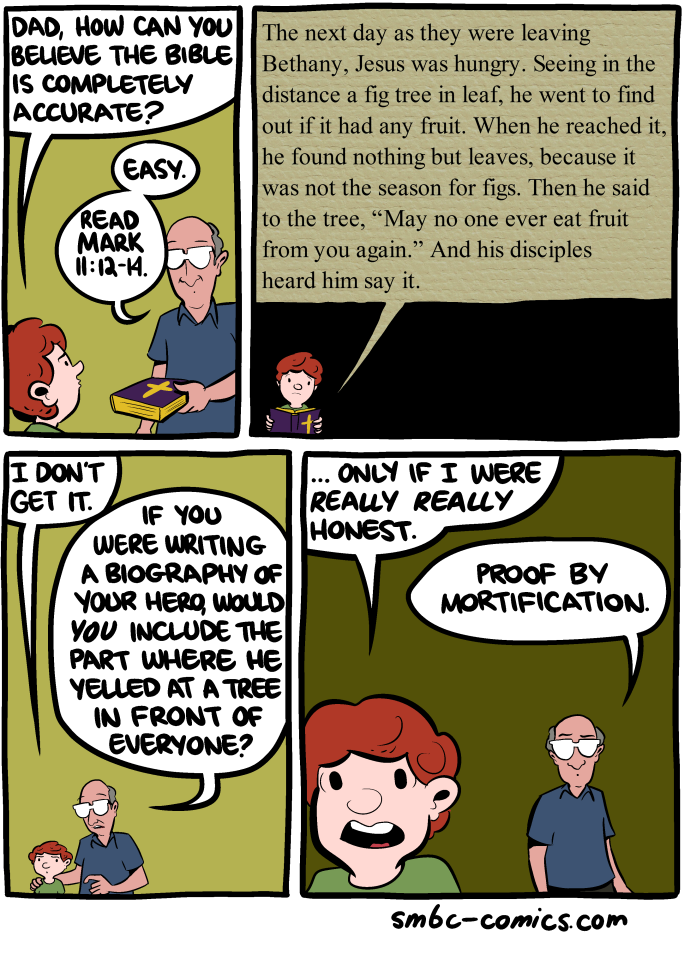The early Christians, acting in obedience to Christ, began to care for the poor, the sick, and the marginalized. So alien were their charitable acts and self-sacrificial lives that the Romans referred to them as "the third race." In the centuries to follow, even though Christians were still a demographic minority, their care of the poor and sick, would serve as the first steps in achieving cultural authority. By being seen as those who reached out to and cared for the weak and suffering, the early church would establish its "right to stand for the community as a whole" (John Howard Yoder, For the Nations: Essays Evangelical and Public [Eugene, OR: Wifp and Stock, 1997] p. 8). Sociologist James Davidson Hunter points out, "because Christian charity was beneficial to all, including pagans, imperial authority [political authority] would be weakened" (To Change the World, 2009, p. 55).
Julian the Apostate, the last pagan emperor of Rome, clearly understood the power of these Christians when he wrote the following:
These impious Galileans (Christians) not only feed their own, but ours also; welcoming them with their agape, they attract them, as children are attracted with cakes… Whilst the pagan priests neglect the poor, the hated Galileans devote themselves to works of charity, and by a display of false compassion have established and given effect to their pernicious errors. Such practice is common among them, and causes contempt for our gods (Epistle to Pagan High Priests).
Emperor Julian clearly saw the writing on the wall. The Roman Empire would not succumb to political upheaval or force but to love, the love of Christ. Julian's dying words in AD 363 were "vicisti Galilaee" (You Galileans [Christians] have conquered!).
Once imperial power was discredited by the superior life and ethic of the Christian community, the church would build upon its newfound cultural credibility and eventually ascend to the heights of cultural power and influence. And, Western civilization would become the most successful civilization in history.






 Reply With Quote
Reply With Quote



















